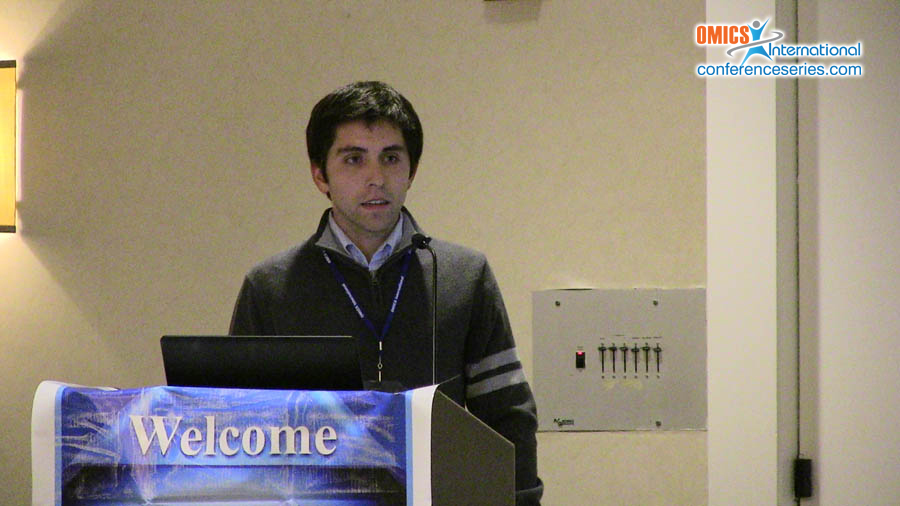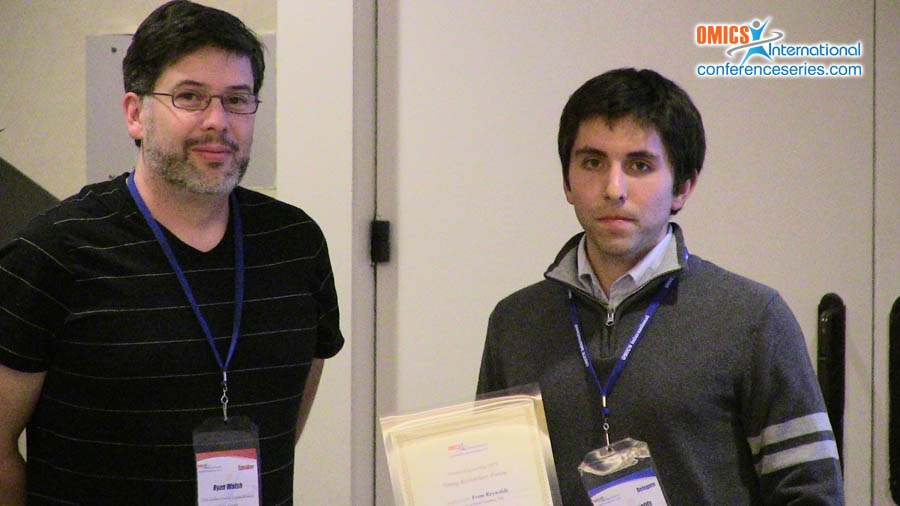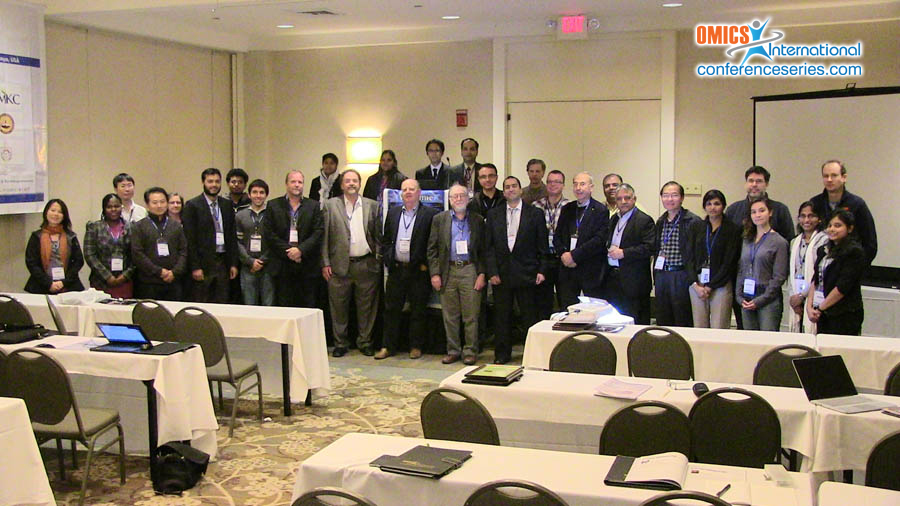
Evan Reynolds
University of North Carolina at Chapel Hill, USA
Title: Superiority through selectivity: Unnatural co-factors and the enzymes that bind them
Biography
Biography: Evan Reynolds
Abstract
Nature uses co-factors to expand the chemical functionality of proteins beyond that of the amino acids. Heme is an especially versatile co-factor in nature having functions in oxygen transport, cell signaling and oxidation catalysis. In all of these roles, the heme co-factor supplies activity while the protein environment tunes selectivity towards a specific purpose. This concept has been utilized by protein engineers to tune the protein environment towards a specific application while maintaining the activity provided by the heme co-factor. In this way, heme proteins have been engineered as catalysts for unnatural reactions such as cyclopropanation and also as useful contrast agents in Magnetic Resonance Imaging (MRI) for detection of neurotransmitters in the brain. Although the heme co-factor provides the activity for these applications, it also limits how far we can go in utilizing enzymes for these purposes. The goal of my project is to develop unnatural heme derivatives that expand the chemistry of these enzymes even further. By engineering proteins that selectively bind and utilize unnatural heme co-factors, we can efficiently introduce new activity to proteins in vivo. Towards, this goal I have developed a series of synthetic heme derivatives with an altered porphyrin scaffold and or different metal center. These synthetic modifications allow the properties of the co-factor to be tuned and also serve as a handle around which we can design the enzyme for selective binding of the synthetic co-factor. The synthetic co-factors I have developed display improved activity relative to heme in unnatural cyclopropanation reactions.



